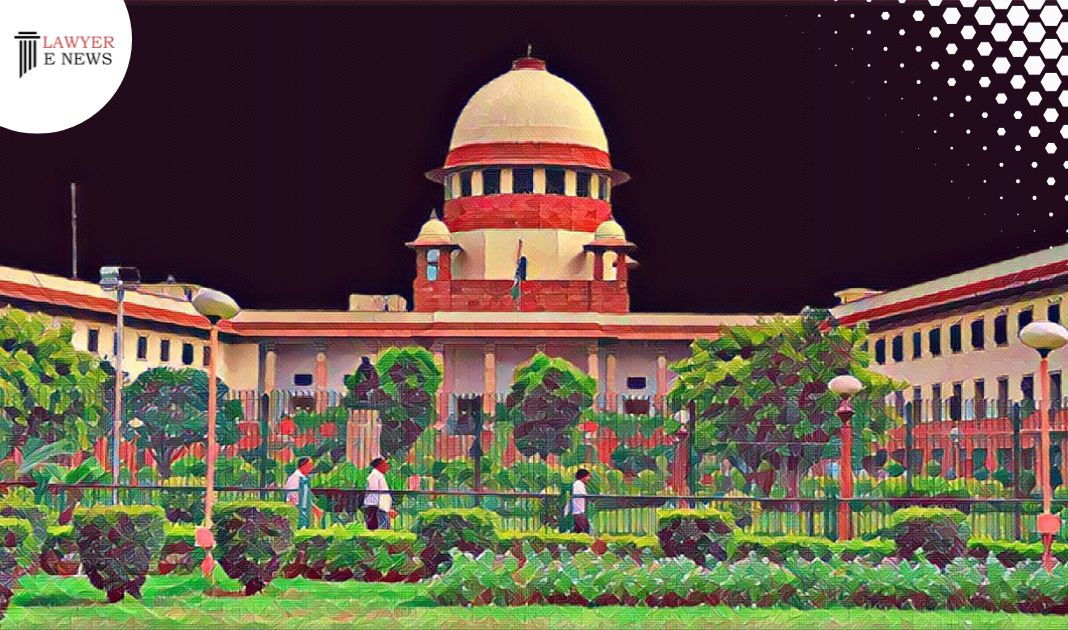-
by Admin
15 February 2026 2:36 AM



In a landmark judgment, the Supreme Court of India has affirmed the decision to confer permanent status to the employees of Tamil Nadu Medical Services Corporation Limited (TNMSC). The judgment, delivered by a bench comprising Justices Sanjay Karol and Prasanna Bhalachandra Varale, resolves a prolonged legal battle between TNMSC and the Tamil Nadu Medical Services Corporation Employees Welfare Union.
Background
The case originated from the application of the Tamil Nadu Industrial Establishments (Conferment of Permanent Status to Workmen) Act, 1981, which mandates permanent status for workmen who have rendered continuous service for a specified period. The TNMSC, established under the Indian Companies Act, 1956, contended that it was exempt from this Act.
In 2001, the Inspector of Labour, Circle-III, Chennai, had ruled in favor of the employees, granting permanent status to 53 workmen. This decision was challenged by TNMSC but upheld by the High Court of Madras in 2019. Subsequently, both TNMSC and the employees' union filed appeals before the Supreme Court.
Key Points of the Judgment
Applicability of the Act: The Supreme Court ruled that TNMSC qualifies as an industrial establishment under Section 2(3)(e) of the Tamil Nadu Industrial Establishments (Conferment of Permanent Status to Workmen) Act, 1981. The Court observed that the Corporation's activities are commercial in nature, making it subject to the Act.
Continuous Service Requirement: The Court confirmed that the employees met the requirement of continuous service for 480 days over a period of 24 months, as stipulated by the Act.
No Exemption: The argument that TNMSC was exempt from the Act under Section 7, which pertains to establishments engaged in construction, was dismissed. The Court clarified that the Corporation's involvement in construction did not constitute its primary function.
Compliance with Labour Inspector's Order: The Supreme Court directed that the Labour Inspector's order conferring permanent status to the employees be enforced. The High Court's suggestion to raise an industrial dispute was deemed unnecessary and unjustified.
Dismissal of TNMSC's Appeal: TNMSC's appeal was dismissed, and the Court upheld the rights of the employees as conferred by the Inspector of Labour.
Court Observations and Analysis
Justice Karol, delivering the judgment, emphasized that TNMSC’s commercial activities, including the procurement and distribution of medical supplies and undertaking construction projects, clearly classify it as an industrial establishment. The judgment noted the profits recorded by TNMSC in previous years as evidence of its commercial operations.
The Court also referenced several precedents, including the landmark case of State of Karnataka v. Uma Devi and Maharashtra State Road Transport Corporation v. Casteribe Rajya Parivahan Karmachari Sanghathana, reinforcing the principles of workers' rights to regularization and permanent status.
Conclusion The Supreme Court's decision marks a significant victory for the employees of TNMSC, ensuring job security and benefits associated with permanent employment. The judgment underscores the applicability of the Tamil Nadu Industrial Establishments Act to various entities, reinforcing the protection of workers' rights under Indian industrial law.
The case may set a precedent for similar disputes in other states, potentially influencing future interpretations of industrial establishment definitions and workers' rights under Indian law.
Date of Decision: May 17, 2024
Tamil Nadu Medical Services Corporation Limited vs. Tamil Nadu Medical Services Corporation Employees Welfare Union & Anr.
